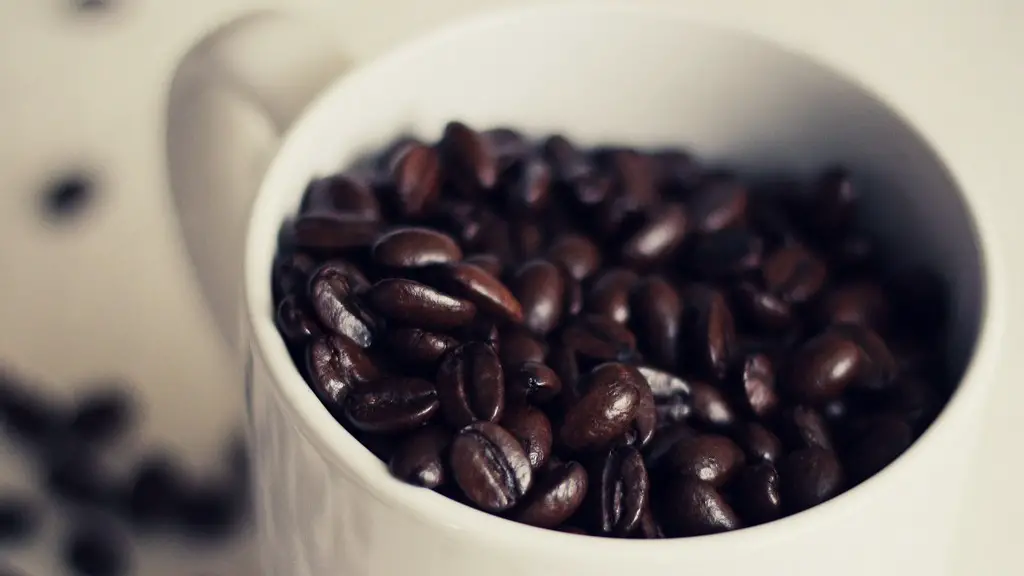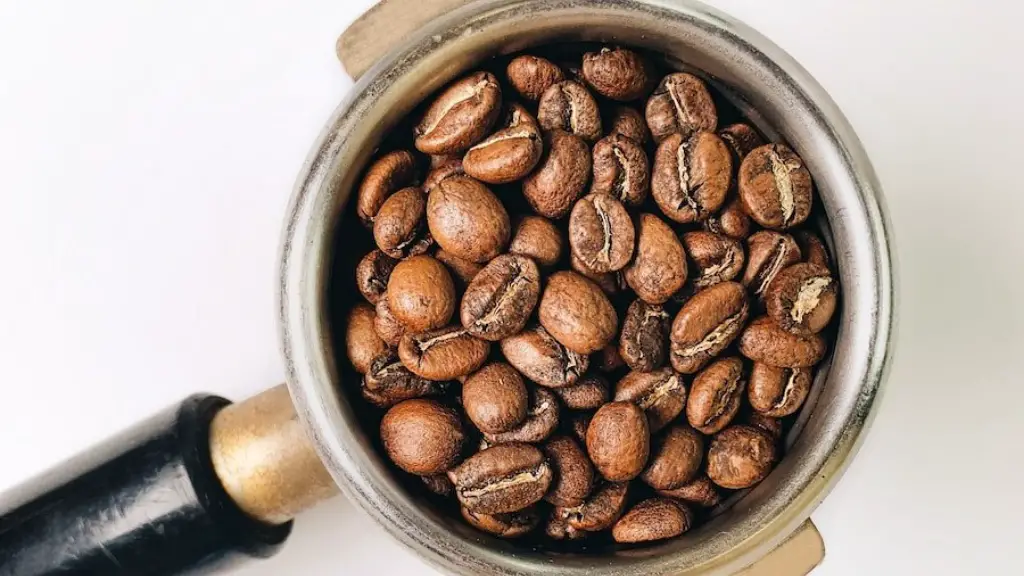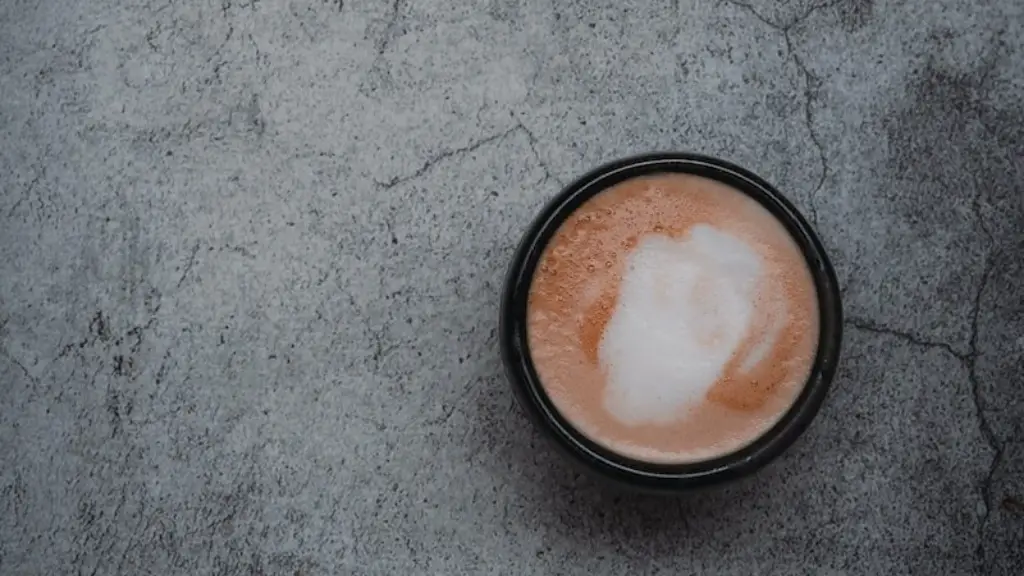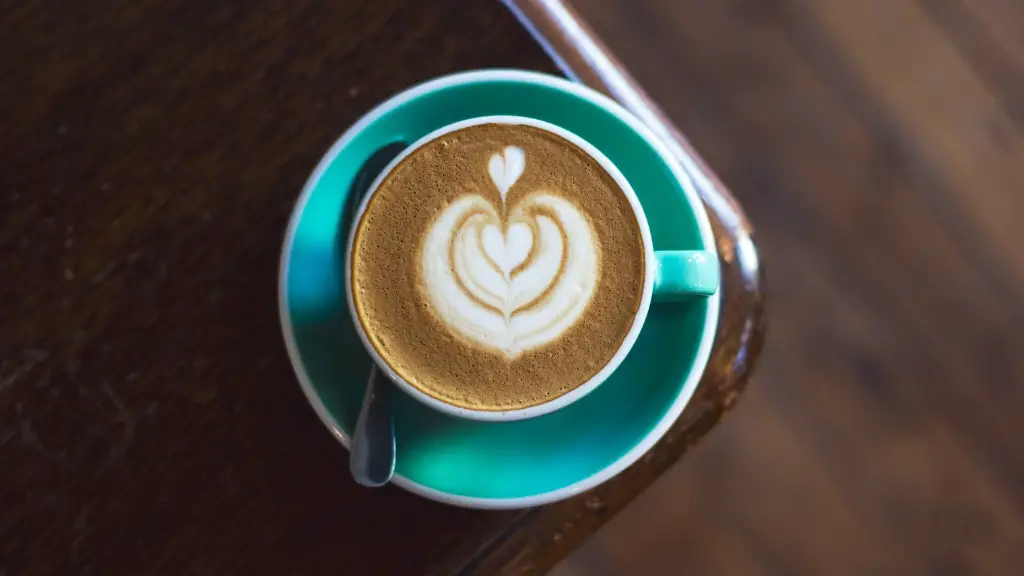Physical Causes of Headaches
Headaches can be caused by a variety of physical factors, from dehydration to environment conditions, and even directly from the lack of caffeine. Caffeine, present naturally in coffee, tea and some other beverages, actually provides an additional way for your body to process certain neurotransmitters in your brain. Neurotransmitters like serotonin, dopamine and even adrenaline all need a certain concentration of caffeine in order to be efficiently processed, streamed through the body and removed. By missing out on a regular cup of coffee, the level of these and other neurotransmitters can remain unbalanced, leading to a headache.
Mental Causes of Headaches
It’s not just physical factors that can cause a headache due to missed coffee. Mental and emotional stress can also trigger headaches, and missing out on the regular caffeine you’ve been accustomed to can be stress inducing in of itself. For those with anxiety, missing out on a daily, or even less frequent, indulgence of coffee can trigger a feeling of heightened awareness, panicking your body into producing chemicals to counter the feelings of stress but undercutting the body’s dopamine levels leading to a headache.
Direct Caffeine Withdrawal
If you’ve been partaking of coffee on a semi-regular or even regular basis, your body can quickly become dependent on the coffee as a type of stimulant. In this case missing out on coffee can lead to a drop in brain function making it difficult to focus, or even feel motivated or at ease. This immediate drop in dopamine levels can be made worse if the body is suddenly adjusted to a diet without its regular dose of coffee, leading to a feeling of sluggishness, an inability to concentrate, from the decreased brain function, and finally the headache.
Reactive Hypoglycemia
The body’s craving for energy can be disrupted if it’s not getting enough fuel, like glucose, in the form of food and drink. This can be an issue with coffee drinkers, since it would require an almost immediate reaction to suddenly miss out on the stimulant followed with a needed substitute. This sudden knee jerk reaction can end up with an overcompensation of sugar intake, or no sugar intake at all, leading to a drop in blood sugar levels. In turn the body become disorientated and now lacking in energy, leading to the production of certain hormones that can trigger a headache.
Tension Headaches
Tension headaches are caused by stress and tightness of the muscles in the forehead and neck, as well as certain pressure points that are dependent on every person’s individual body. Missing out on coffee can be an emotional trigger to many of us, end up affecting us in a physical manner. With an emotional high, the body responds to a certain manner of tension, contracting and constricting muscles in the back of the neck, head and neck, triggering a tense migraine. It’s possible to avoid this by keeping low emotional triggers, like missing out on coffee, to a minimum.
Self-Induced Headaches
Certain habits, like consuming too much sugar or not drinking enough water, can also lead to headaches when skipping coffee. The reason for this is that the brain needs various levels of nutrients, and not just from caffeine, to remain healthy and reliable. Going off of coffee altogether can lead you to make the wrong decisions in order to fill the void or craving, leading to the overconsumption of sugar or the blocking out of H2O. Both of these can lead to headaches, sometimes hours after the intake, depending on the person’s body chemistry.
Caffeine Vulnerability
The amount of caffeine one person can take without feeling the physical or mental effects can vary greatly from individual to individual, though the average tends to range between 200 to 300 milligrams of caffeine a day, amounting to two to four cups of coffee per day. This number can be talked about, though, as some individuals can tolerate up to even 600 milligrams, yet still find their caffeine tolerance dangerously low if their regular dose is suddenly taken away from them, leading the body and mind to a caffeine withdrawal headache.
Advice on How to Avoid Caffeine Withdrawal Headaches
If you find yourself experiencing headaches due to missed coffee, these are a few ideas to try:
Hydrate and Nourish Your Body
Drinking water throughout the day and making sure to have a balanced diet is a sure way to regulate the level of certain chemicals and hormones in your body, helping to naturally counter any feeling of physical or mental stress. Eating a diet consisting of all the necessary types of macronutrients helps to spread the release of any feeling of a caffeine void.
Assess Your Caffeine Intake
By looking at the frequency of your coffee consumption, and the usual intake, you may be able to deduce the best threshold for you for a daily caffeine intake. This helps to position your body slightly away from the risk of any sudden caffeine vulnerability, yet still being comforted in the knowledge that you’re not straining your body with too much of a stimulant.
Caffeine as a Supplement
If you’re determined to drink coffee, but you want to be able to not rely on it, it may be worth considering taking caffeine supplements, such as pills, that act as a one shot stimulant to your brain and body. This way your brain is comforted and given the certain level of stimulant it requires, without leading to the common issue of overuse or reliance.
Continuous Coffee Consumption
If you’re feeling lazy and hardworking all at once, having just the smell of coffee is often enough to change someone’s mood. This way you can consume small, frequent amounts of caffeine, as opposed to relying on a large intake once or twice a day. This way you can get the casual feeling of a caffeine high, without running the risk of feeling the sudden drop.
Meditation and Self Awareness
Building self awareness and learning your own body and mind are great ways to help you naturally drift away from caffeine. Knowing the tricks and methods that help you to relax, get energized and stay productive without the use of stimulants tends to be a more reliable and healthier way to remain alert and active. Various self-relaxing methods such as intake of natural supplements, caffeine stimulants and general mindfulness can all help you to stay away from dependency and the sudden caffeine gaps you may feel.
Physical Fitness
The best way to feel energized without having to rely on coffee or any other stimulant content substance is through a healthy fitness regimen. Getting out and getting your heart rate up helps to release essential hormones and chemicals in your body, improving your mood and regulating your hormones. Mental relaxation through either yoga, tai chi, simple stretching, walking and even running helps to keep your mind alert and your energy levels slightly elevated, again avoiding any sudden dependence.
Sleep and Rest
Making sure to get enough sleep throughout the night is essential to any healthy lifestyle, despite the urge to reach for an energy drink or a cup of coffee. Ensuring to get enough rest throughout the night ensures your brain stays at the optimum functioning level and that your body is able to regenerate and repair itself correctly.
Seeking Medical Advice
If your headaches become a consistent habit, it’s worth seeking out medical advice as to see if there’s any underlying hidden symptoms or issues causing the headaches. It’s important to make sure that all situations are safe and to make sure that your body and mind are functioning correctly.




